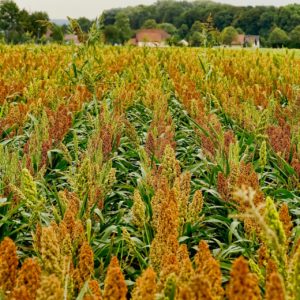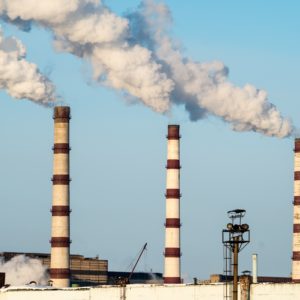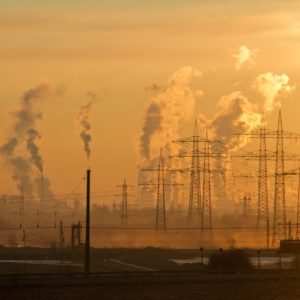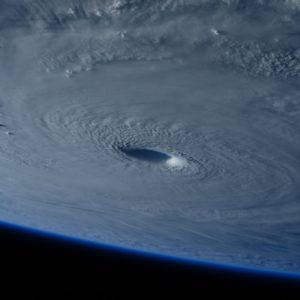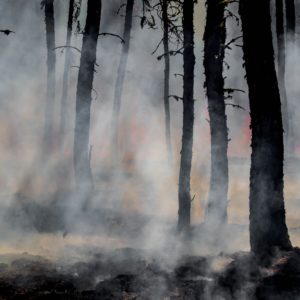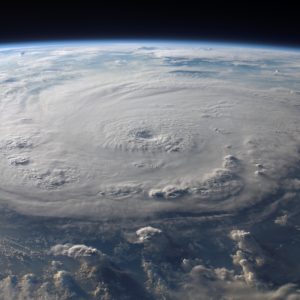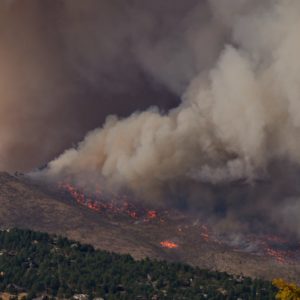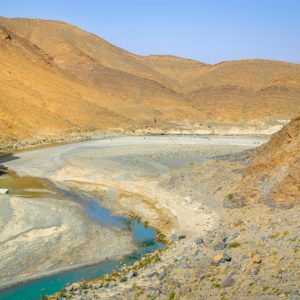"'We found both the rate of decomposition and the contribution of insects are highly dependent on the climate, and will increase as temperatures rise. Higher levels of precipitation accelerate the decomposition in warmer regions and slow it down in lower temperature regions.'"
Improving sorghum’s carbon capture the goal of researchers
Jeff Gelski writes in FoodBusinessNews about a new research project that is aiming to improve the carbon capture capacity of sorghum. “Dr. Shakoor has developed sensors to monitor plants’ environments and growth in real-time. Her team will identify varieties of sorghum that have the traits needed to optimize carbon capture, with one example being large,...
China Is Planning to Build 43 New Coal-Fired Power Plants. Can It Still Keep Its Promises to Cut Emissions?
"China is leading the world in new coal power plants, building more than three times as much new coal power capacity as all other countries in the world combined in 2020."
The Unreported Good News About Climate Change
The unreported good news about climate change is that no matter how dire the warnings, ultimately, it’s economic freedom and clean energy innovation that’s needed.
How Conservatives Should Approach the New IPCC Report
As conservatives that care about climate change, we often find ourselves in an interesting ideological sandwich. On the one hand, we have to debunk the vestigial spasms of climate denialism in the conservative movement, from groups such as the Heartland Institute and CFACT, while on the other we have to push back against the climate...
Climate-driven weather extremes will worsen without deep emissions cuts, UN warns
Josh Siegel of The Washington Examiner reports on a new U.N. climate report. “Global warming from the use of fossil fuels is aggravating extreme weather across the world and the problem will become significantly worse with further emissions, the United Nations said in a major new report on Monday.” Read the full article here.
We’re Paying the Price for Refusing Controlled Burns
Improper forest management, such as refusingcontrolled burns, is creating denser forests and subsequently more intense wildfires.
Large wildfires have burned more than 1 million acres in a dozen states
"In the midst of a relentless series of heat waves taking place in a region plagued by the worst drought so far in the 21st century, the forests and grasses located in western states are a tinderbox. The fire season is only expected to get worse from here."
Drought is stressing California’s power grid
"Rolling blackouts have already become a new norm for the state as utilities shut down power lines in an attempt to avoid sparking fires during hot, dry weather. But summertime outages also occur when residents crank up their air conditioners to beat the heat and demand outpaces the available power supply."

